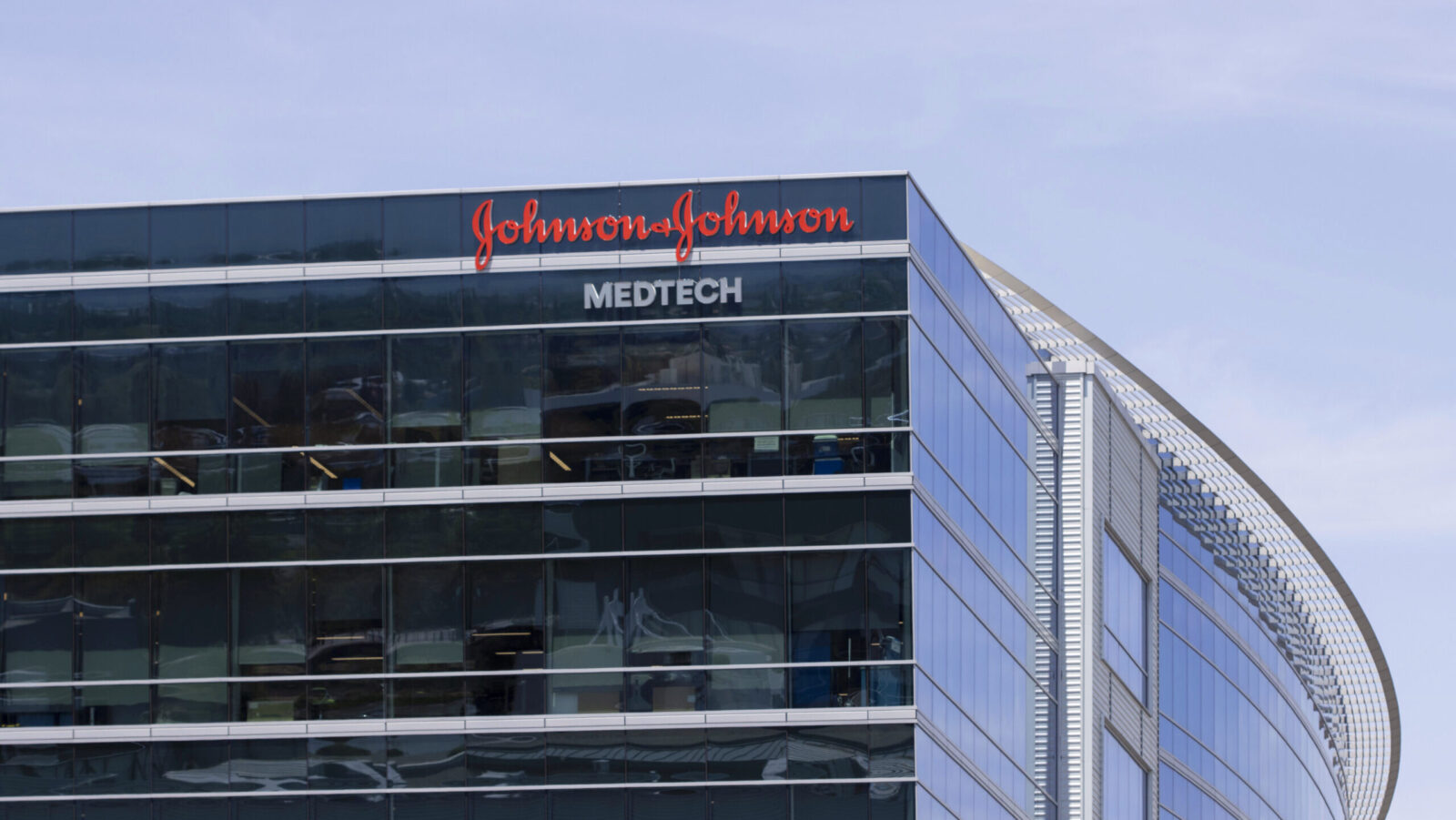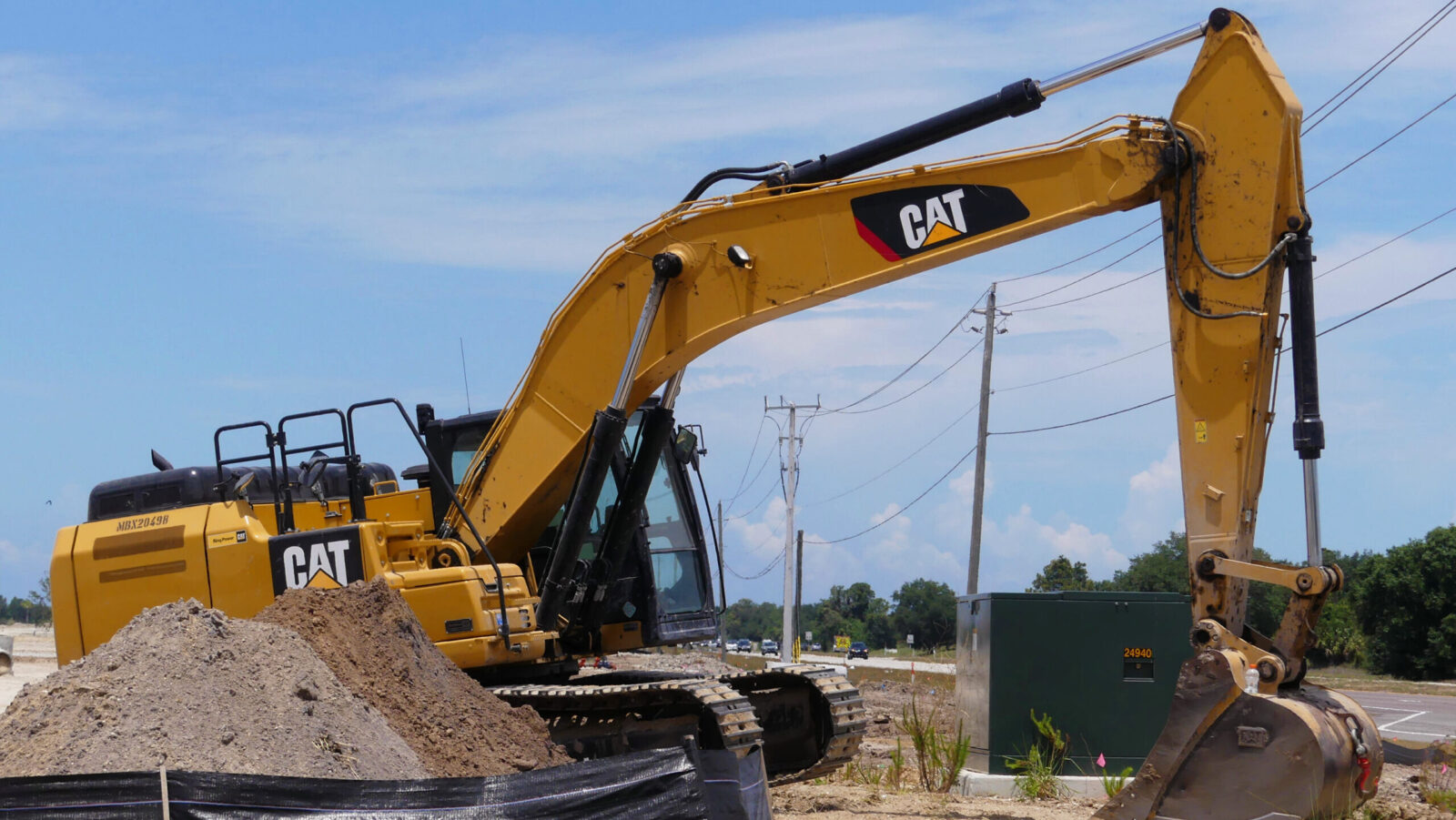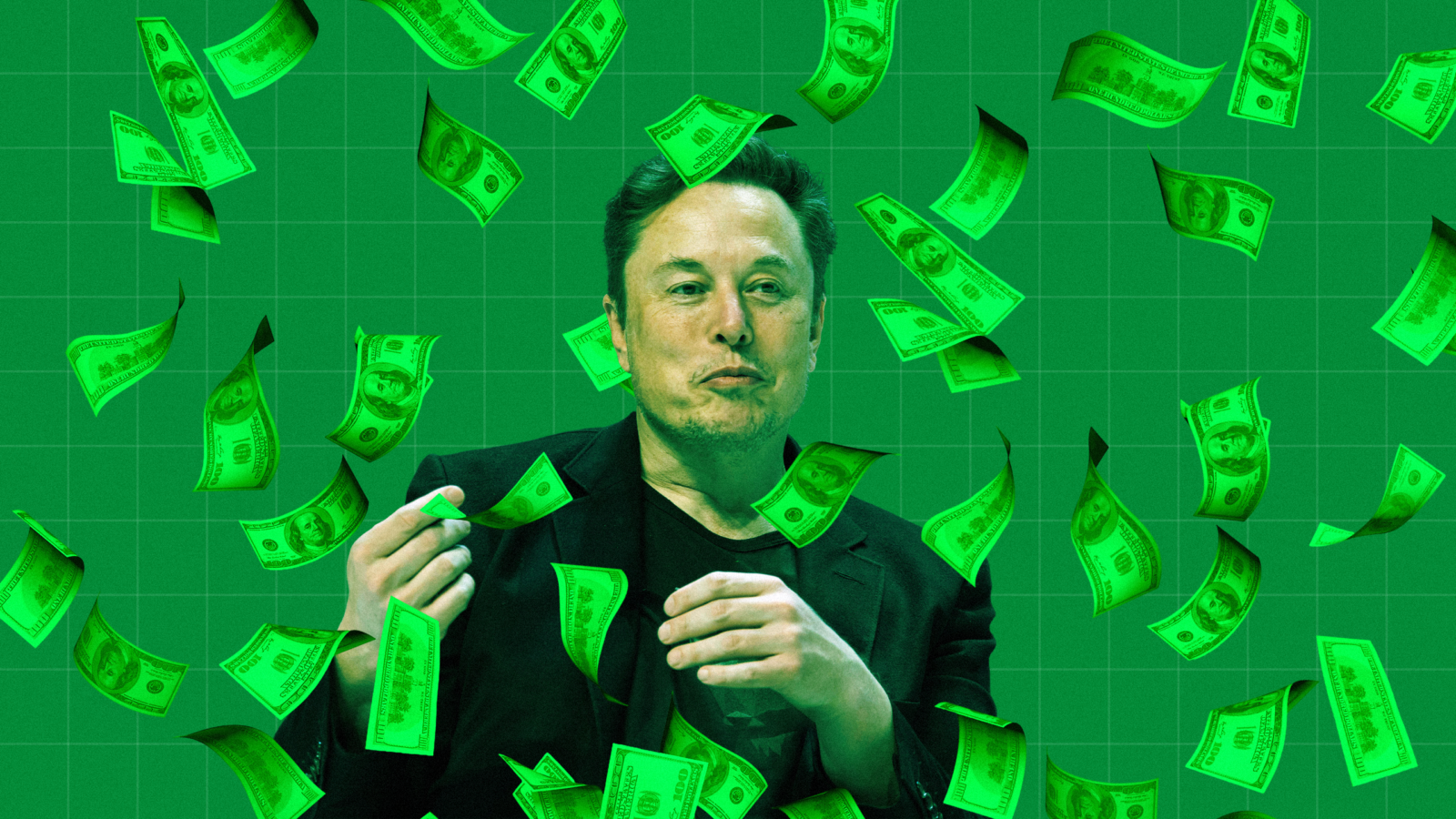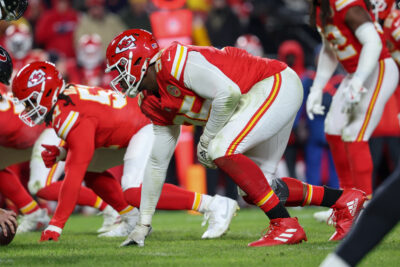McDonald’s Chief Blasts Minimum Wage Loophole for Tipped Workers
McDonald’s is battling its own industry over fast food workers’ pay, which it believes should be better, and tips, which it opposes.
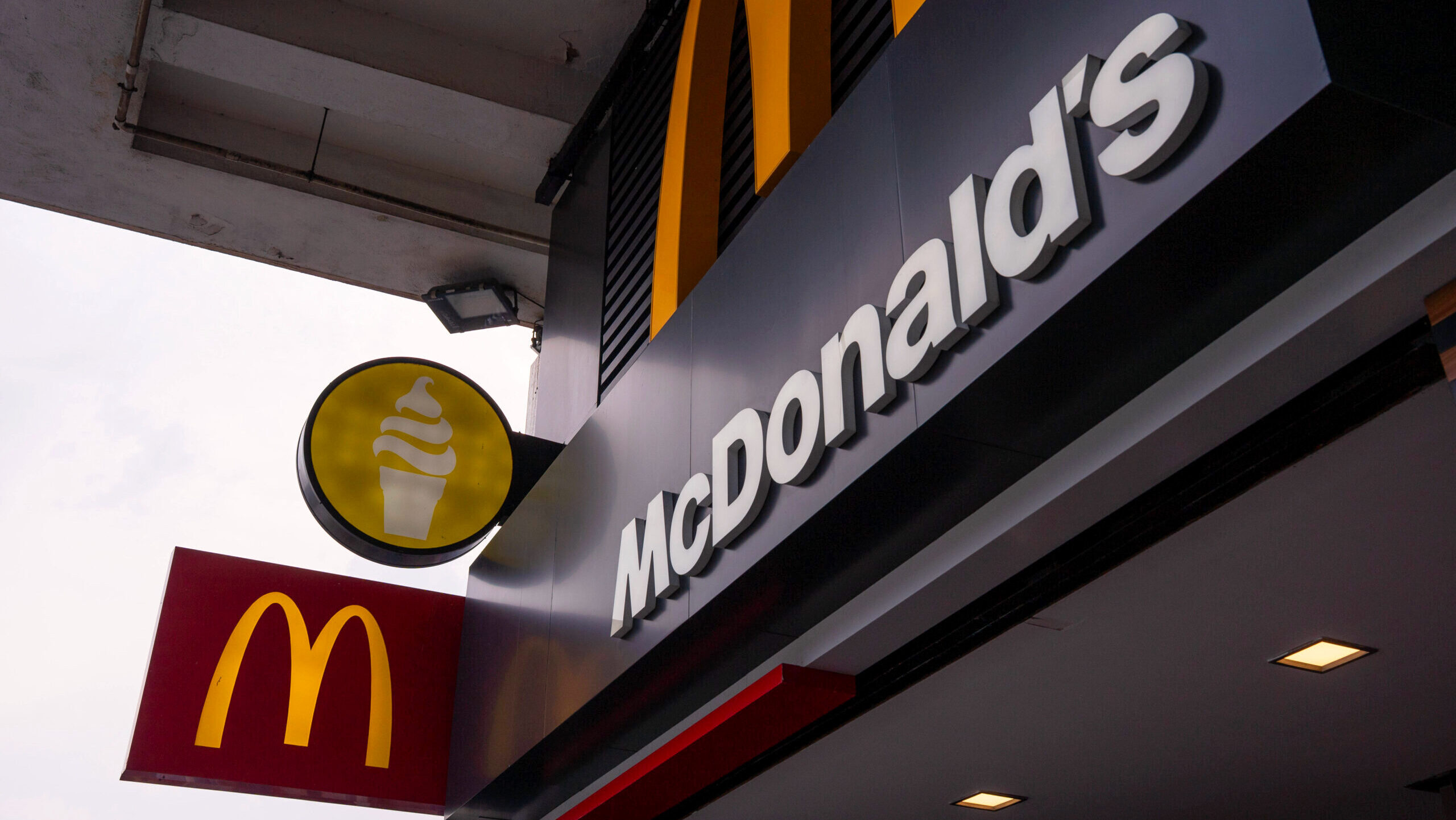
Sign up for smart news, insights, and analysis on the biggest financial stories of the day.
IHOP has an advantage over McDonald’s, and it’s not four types of syrup. According to McDonald’s chief Chris Kempczinski, sit-down restaurants are unfairly benefiting from being allowed to pay tipped workers a subminimum wage. And the playing field is becoming more uneven because of a “Big Beautiful Bill” provision eliminating taxes on tips.
Kempczinski called out tip-accepting restaurants on CNBC last week, telling them, “You’re essentially getting the customer to pay for your labor.” McDonald’s also pulled out of the industry’s leading trade group, the National Restaurant Association, in part over the issue.
Move the Decimal and Double It
Quick-service locales like coffee shops request tips as a cherry on top of their workers’ wages, which are required to meet state and federal minimums at least. Full-service restaurants, however, have tips built into their business model. While the federal minimum wage is $7.25, tipped workers only have to be paid $2.13, with tips expected to make up the difference.
But that’s starting to change:
- A handful of states, including California and Washington, have eliminated the subminimum wage, while more locales are considering legislation to nix it. Critics have warned that restaurants would have to raise food costs or tack on service fees to make up for the difference, while proponents argue the industry has managed to survive in states that haven’t had a subminimum wage for years.
- Nixing the subminimum wage could help companies retain employees while boosting their financial well-being, Kempczinski said. But of course, McDonald’s, which doesn’t accept tips, would benefit from the subminimum wage being eliminated since its competitors would have to pay more for labor.
Tip Fatigue: Tipping has encountered significant backlash in recent years as people have been faced with the dreaded “Leave a tip?” prompt on an iPad with some choices upward of 25%. As tipping fatigue has gained fame (and meme status), Americans are tipping less. But workers in many industries still depend on tips. Beyond restaurant employees, gig workers on apps like Uber and DoorDash rely on tips and can be paid the subminimum wage where it’s legal. The “Big Beautiful Bill” tax relief will also impact tipped workers who make a standard minimum wage or even, as the Treasury Department recently confirmed, a less standard paycheck. Social media creators, like TikTok and Twitch livestreamers, will also get tax relief on tips.
